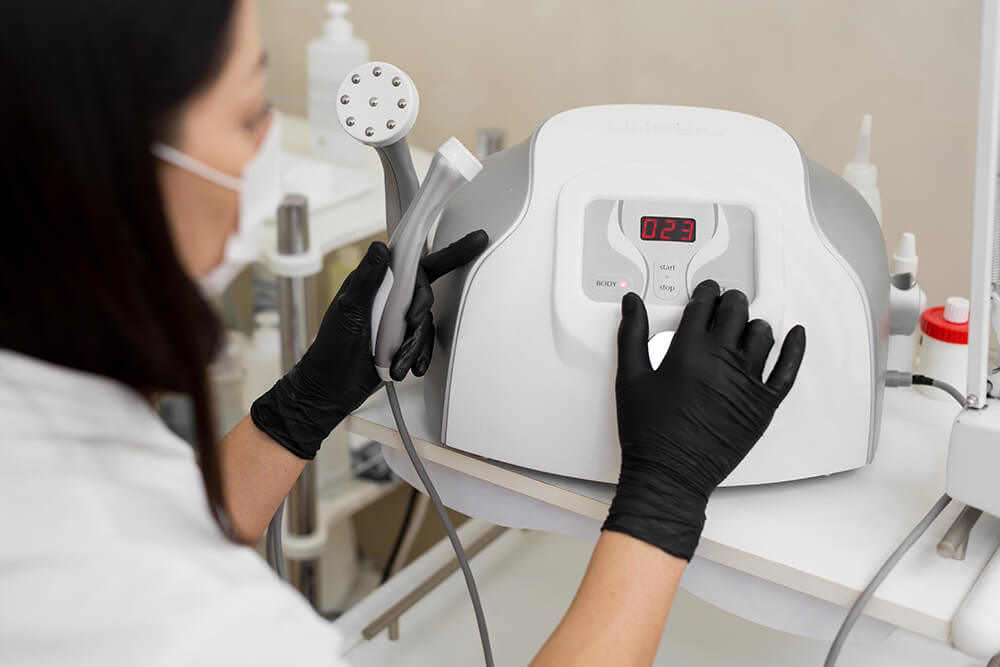Digital technologies are changing the way we live our lives and how we deal with health issues. Medical devices are not an exception to this trend and they are also getting smarter as a result of digitalization. Digitalization is enhancing the effectiveness of modern medicine while making it more efficient and more accessible for people worldwide. This is a topic we at GAUSS Engineering Solutions like to have in top-of-mind since we are always looking for the best solutions and the right paths of growth for our company.
Digital technologies are changing medical practices in many ways. They are improving them, transforming them, and revolutionizing them with new possibilities that would have been unthinkable a few years ago. Digital technologies enable doctors to monitor their patients remotely and provide more accurate diagnoses through advanced machine learning algorithms that can detect subtle changes in their vital signs that might otherwise go unnoticed by human doctors who may be too rushed or tired after a long shift at work.
This also offers new ways for healthcare professionals to collaborate with one another without having to meet face-to-face a particularly important development considering that many rural areas lack adequate access to medical staff due to low population density compared with urban centers and big cities around the globe.
Digital technologies are also changing the way that doctors interact with their patients. In some cases, they are enabling them to provide more personalized care by using AI algorithms that can analyze a patient’s medical history and symptoms in order to recommend treatment options based on similar cases from other patients. These tools can help healthcare providers save time by reducing the need for consultations and assessments that require human doctors’ attention.
Big Data Analytics, Artificial Intelligence and Machine Learning in Health Care (AI)
This is another “hot-topic” to look at when we talk about digital technologies and how this is changing the medical devices industry.
AI is already being used in health care. AI can be used to predict outcomes, detect anomalies and make recommendations. It’s also being used to assist with diagnoses and treatment by helping doctors make decisions based on data analysis. The technology has the potential to improve patient care by reducing human error, increasing efficiency, and ultimately saving lives.
The future of medicine will depend heavily on big data analytics which means more automation of processes such as billing or scheduling appointments; however, it also requires significant investment into machine learning systems that can analyze large amounts of data quickly enough for real-time decision-making purposes such as ordering tests or medications based on patient symptoms rather than waiting until after hours when doctors are available again.
In the future, AI will be able to provide treatment plans based on a patient’s diagnosis and history. It could also monitor patients’ symptoms and responses to treatment as well as alert healthcare providers to changes in behavior or lifestyle that could affect their health. For example, if someone starts smoking again or loses weight it could lead to an increase in certain diseases like diabetes.
Digital technologies are improving medical practices. They are challenging the industry of medical devices to go further and think more about what the future of this device’s market will look like, how it can improve patients’ health, and also the healthcare system. This trend is not going anywhere and at GAUSS we are looking at it very closely!
Written by,
Gauss Engineering Solutions TEAM
January 2023


